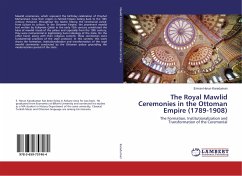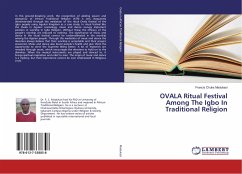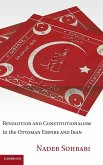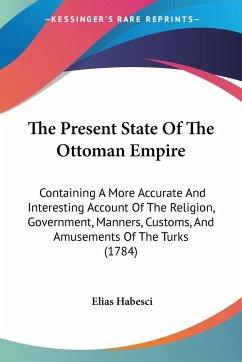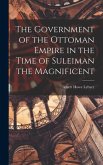Mawlid ceremonies, which represent the birthday celebration of Prophet Muhammad, have their origins in Fatimid Empire dating back to the 10th century. However, throughout the Islamic history, the ceremonial varied from culture to culture. In the Ottoman Empire, the prominent mawlid text written by Süleyman Çelebi in the early 15th century constituted the basis of mawlid rituals of the palace and especially from the 19th century, they were instrumental in legitimizing Sunni ideology of the state. On the other hand, along with their religious content, these ceremonies were fundamental practices of the state protocol. In this context, this work shows the formation, institutionalization and transformation of the royal mawlid ceremonies conducted by the Ottoman palace grounding the modernization period of the state.
Bitte wählen Sie Ihr Anliegen aus.
Rechnungen
Retourenschein anfordern
Bestellstatus
Storno

